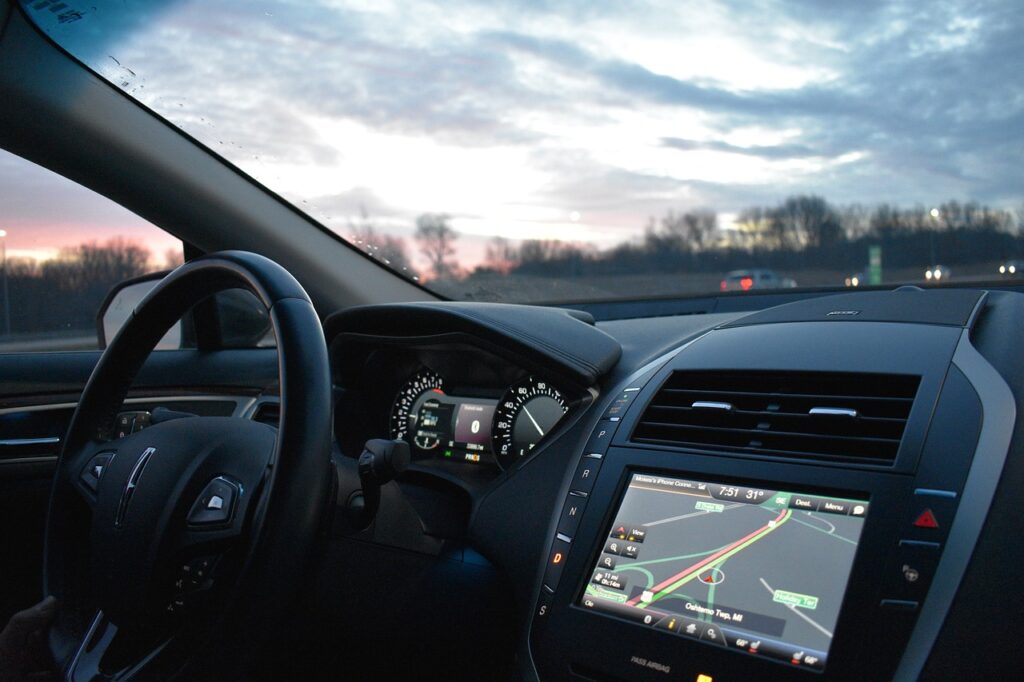 GPS is a position and location tracking technology based on the Global Positioning System (GPS) used to determine and track the precise location of a person, vehicle or any other asset. The system uses a GPS receiver that calculates the distance to various satellites by measuring the time it takes for the signals to reach the receiver. The receiver determines its exact location by triangulating this information.
GPS is a position and location tracking technology based on the Global Positioning System (GPS) used to determine and track the precise location of a person, vehicle or any other asset. The system uses a GPS receiver that calculates the distance to various satellites by measuring the time it takes for the signals to reach the receiver. The receiver determines its exact location by triangulating this information.
A GPS works by triangulating signals from at least four satellites to calculate the user's exact position in terms of latitude, longitude and altitude. It relies on a network of satellites called the Global Navigation Satellite System (GNSS) that orbit the Earth continuously. GPS, GLONASS, Galileo, BeiDou and NavIC are the most common GNSS constellations.
These tracking systems are used for a variety of purposes, including navigation, mapping, surveying, tracking, and location-based services. The technology has become widespread and is integrated into many devices, such as smartphones, car navigation systems, fitness trackers and more.
GPS is also employed in sectors such as agriculture for tasks including monitoring crop health, optimizing irrigation, and accurately applying fertilizers and pesticides. This helps farmers increase efficiency and reduce resource usage. It is also used in scientific research to study Earth's movements, shifts in tectonic plates, and other geophysical phenomena.
However, more typical applications include vehicle location monitoring, asset tracking, personal tracking, navigation, fitness tracking, and emergency services. Some well-known GPS systems and brands include Google Maps, Apple Maps, Sygic, TomTom, Waze, HERE WeGo, and Magellan.
Some of the most reputable GPS trackers currently on the market are the following:
- Vyncs and Bouncie are useful for real-time tracking, geofencing, and roadside assistance.
- Trak-4 is a cost-effective real-time tracking system.
- Kayo Business Fleet and LandAirSea 54 GPS trackers are well-known vehicle tracking systems.
- LandAirSea Overdrive is a real-time tracking system for theft protection.
- Tracki is ideal for parental monitoring.
Some other notable GPS tracking services include Apple AirTag, BrickHouse, and Spytec GL300.
It is possible to build your own GPS tracking systems. What is needed is a decent GPS receiver IC and a well-designed tracker circuit suitable for a given application.
An ideal GPS tracker is small, lightweight, and has a good battery life. The services and interface built around the tracker depend on the circuit design of the tracker and the platform (the website or mobile application that hosts the services for it).
In the next article, we will discuss some of the top GPS tracker ICs suitable for building commercial applications. Selecting one of these chips to make a GPS tracking system should be based on the supported GNSS constellations, power consumption, form factor and project budget.

